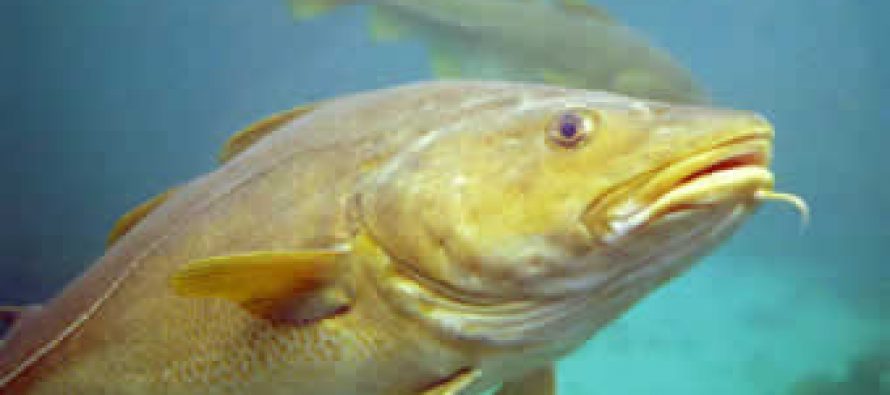A realistic approach to management
Housewives buying their family weekly shopping, particularly in the United Kingdom,
have been ‘guilted’ into believing they are practically encouraging unsustainable fishing and are killing the last cod in the sea if they buy cod-based products.
However, nothing could be further from the truth – cod stocks have risen to massive
abundance everywhere. The North Sea has seen a huge recovery and in the Barents Sea, not even a 25% quota increase for fishermen is touching the top of the huge bulk of the stock there.
Greenpeace, the self proclaimed ‘protectors of the oceans’, spent much time and money over the past ten years in declaring cod as the icon of the endangered species that were in decline purely as a result of the level of human consumption. Their favourite example was the Grand Banks off Newfoundland – once vastly populated with cod which later disappeared. They backed their scaremongering with evidence that cod levels in the North Sea and other areas were much lower five years ago than they were twenty years ago. But, as stocks returned again in these areas– so much so that their abundance on the market has at times led to a collapse in prices, the silence on this issue from green groups has been deafening.
Surely if these groups are responsible bodies concerned with long term sustainability
for, then they should be putting in the same effort as they did to stop people eating cod and now be encouraging them to buy cod and relieve pressure on other, possibly less plentiful species?
Governments everywhere could not escape the ‘cod crusade’ that was being encourage by conservationists and, as is often the case, this political pressure fed down into the hands of those setting quotas. So, in typical fashion, when scientific evidence showed a drop in biomass, this evidence was used for a quota reduction – but when the same science indicated an improvement in stocks, then the advice was (and continues to be) ignored.
While overfishing of any species can cause a problem, all fishermen know that fish
stocks run in cycles almost as predictable as tides. Fish can disappear from an area, or not show up on traditional grounds, for years at a time, only to return without any scientific explanation, in huge numbers.
This has been seen in many cases over the past 100 years – in sprat shoals off Ireland,
herring in Scotland, cod in Newfoundland, pilchards off South Africa.
Perhaps it is time to allow fisheries scientists to present longer range presentations of
how a stock performs, instead of forcing them to produce year-on-year reports to which managers will take a knee-jerk reaction to, or that will give anti industry groups fodder to mount more attacks against the industry.



